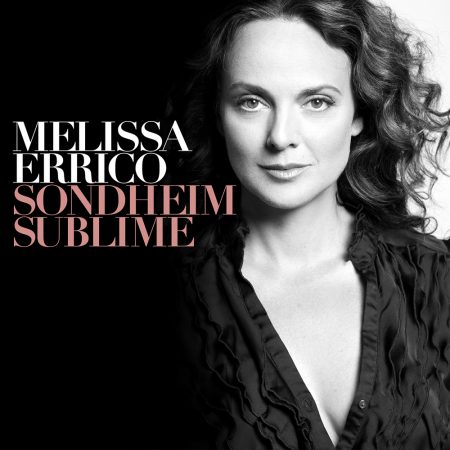 The first time I sang for Stephen Sondheim I was in the bath. Raul Esparza and I were doing Sunday in the Park with George at the Kennedy Center, and I played Dot, who is a painter’s model to the greatest of dot-makers, Georges Seurat. I had been an art history major in college and, excited to be living in a pointillist painting, I had had an idea: to replace the makeup table (where the character of Dot is getting all primped and prepped for a date night with her busy painter beau) with a bathtub, where I would sing nude in bubbles, on stage. There were a lot more nudes in baths in impressionist painting than there were makeup tables. My concept was that Dot’s nudity would be unashamed and might even accent the rejection when Georges chooses to cancel their date-night in order to finish that damn hat.
The first time I sang for Stephen Sondheim I was in the bath. Raul Esparza and I were doing Sunday in the Park with George at the Kennedy Center, and I played Dot, who is a painter’s model to the greatest of dot-makers, Georges Seurat. I had been an art history major in college and, excited to be living in a pointillist painting, I had had an idea: to replace the makeup table (where the character of Dot is getting all primped and prepped for a date night with her busy painter beau) with a bathtub, where I would sing nude in bubbles, on stage. There were a lot more nudes in baths in impressionist painting than there were makeup tables. My concept was that Dot’s nudity would be unashamed and might even accent the rejection when Georges chooses to cancel their date-night in order to finish that damn hat.
At the time, I had no idea that this was… Sondheim and you weren’t supposed to suggest changes quite this freely. I don’t know if he was impressed by my audacity or sympathetic with my naiveté. But he sweetly embraced the idea, to the point that he even ended up obliging with a few new lyrics that suited a bathing Dot better than a primping one.
Since then I like to think that a certain watchful half-smile has always inflected our work together. Not too long ago, I was at the dress rehearsal for the Encores production of Do I Hear a Waltz? and all of us were called to the stage very formally–would cast and crew please go to the stage! And there he was— like Balanchine—surrounded as if by a flock of birds—with 75 people looking his way. I couldn’t see quite, and I climbed onto the set behind him, a Venetian balcony, dressed as my lonely character, Leona, and I saw him there. His profile in front of an eager crowd. All breathing shallowly. I bent over the railing, and said “Hello!” And he looked up and smiled and said “Ah! You were wonderful— most of the time.”
I knew at once what he had done! The quicksilver pause. The legendary Sondheim caesura, the bittersweet comma, the way that in all of his greatest songs an emotion gets expressed… and then gets qualified, made a little rueful, just a touch unsure. One emotion happens—and then its opposite. You’re grateful— and you’re sorry. There ought to be clowns. Well, maybe next year. Marry me, a little. We had a good thing going, going, gone. (You see it on his face. Always turned into a comma, always that space where we stop to reflect on our emotions even while we are having them.) It’s what makes him so wonderful to sing— most of the time.
Having danced around his caesuras for a couple of years in the cabarets and concerts that preceded this album, for the recording itself I decided to choose only the most cosmic of his commas, big songs balanced on major emotions. Move on or stay still? Grow or stop? Even, live or die? But all still balancing-act songs, about choices. (And those interspersed with a few lighter moments, as with “Sooner or Later” where the choice is less live and die and more like love, or sigh.)